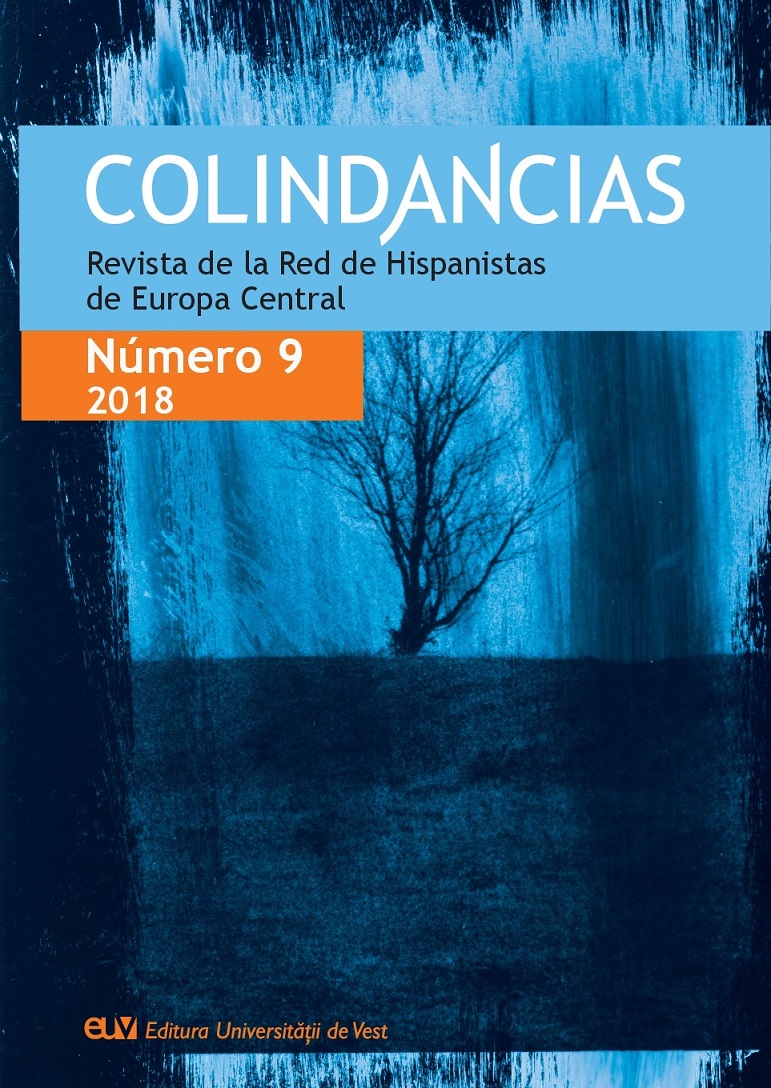Metáfora y metonimia: dos prólogos de Eusebio de Pedro Montengón
Metaphor and metonymy: Two prologues of Eusebio by Pedro Montengón
Author(s): Ignac FockSubject(s): Studies of Literature, Theory of Literature
Published by: Editura Universităţii de Vest din Timişoara
Keywords: Preface; paratext; Spanish novel; novel of Enlightenment; Eusebio;
Summary/Abstract: The following article discusses the two prefaces to Eusebio, a novel of Enlightenment written by Pedro Montengón, an expulsed Spanish Jesuit. Th e author delimits the subject on the basis of Genette’s (1987) and Porqueras Mayo’s (1957) theoretical studies about the preface as well as Eco’s (1979) and Iser’s (1974), about the reader, combining them with recent studies about Eusebio. Th rough a narratological analysis the author proves the two prefaces to Eusebio to be typologically equivalent, but different in regard to their treatment of the reader and, most of all, with respect to the relation they establish with the core narrative, i.e., the novel. Th is relation is metaphorical in the first preface, while it is metonymical in the second preface, in which a principle of contiguity between the preface and the core narrative is established and where the ethical distance taken by the author is thus reduced.
Journal: Colindancias - Revista de la Red de Hispanistas de Europa Central
- Issue Year: 2018
- Issue No: 9
- Page Range: 161-171
- Page Count: 11
- Language: Spanish

